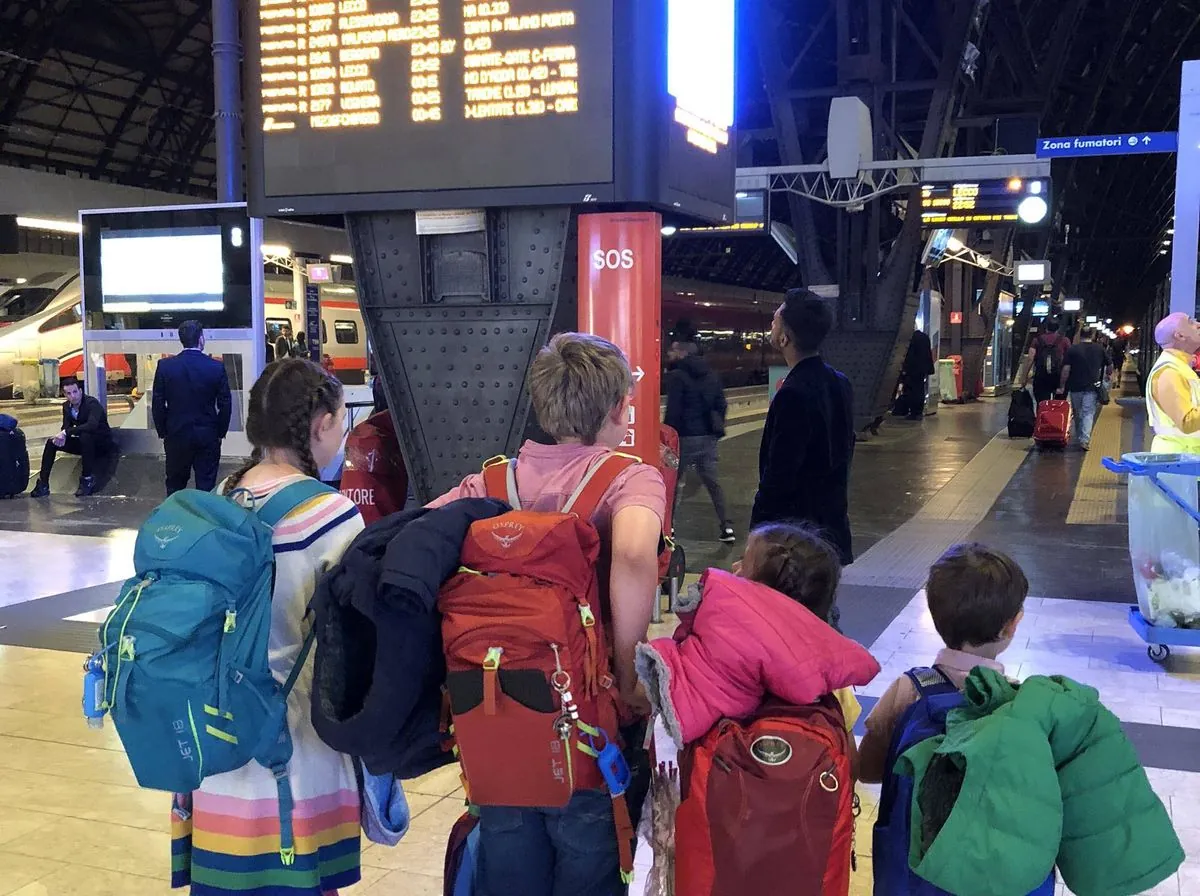Kirstie Allsopp's recent decision to allow her 15-year-old son, Oscar Hercules, to embark on a three-week Interrail journey across Europe with a 16-year-old friend has sparked a significant debate on social media. This incident has brought to light the evolving attitudes towards teenage independence and the potential consequences of overprotection.
The young travelers visited five countries, including France, Belgium, the Netherlands, Germany, and Spain, demonstrating remarkable initiative and organizational skills. This adventure aligns with the concept of Interrail, a rail pass program established in 1972 to allow travelers to explore Europe by train, promoting cultural exchange and independence.
The public reaction to Allsopp's announcement was mixed, with some applauding her decision and others expressing concern. This divide reflects broader societal shifts in perceptions of youth capabilities and independence.
"If we don't allow them to play, roam, and eventually travel unsupervised, how can we expect them to grow up?"
Historically, young people entered the workforce much earlier. For instance, Lord Nelson joined the Royal Navy at the age of 12 in 1770. However, modern legislation, such as the UK's Education and Skills Act 2008, has extended mandatory education or training to age 18, potentially delaying independence.
Current statistics reveal that 1.84 million young people aged 18 to 24 in the UK are neither employed nor seeking work. Additionally, approximately 22% of Gen Z individuals report mental health issues. These trends may be partially attributed to reduced independence and increased reliance on technology.
Research conducted by the National Trust, a conservation organization founded in 1895, indicates that children today spend an average of just over four hours per week playing outside, half the time their parents did. This decrease in outdoor activities coincides with the rise of smartphone usage, first introduced in 2007 with the iPhone's launch.
The debate surrounding Allsopp's decision highlights the challenges parents face in balancing safety concerns with the need to foster independence. While some argue for increased freedom, others worry about potential risks. However, experts like Jonathan Haidt emphasize the importance of allowing children to take calculated risks for healthy development.
As society grapples with these issues, it's crucial to consider the potential long-term effects of overprotection versus the benefits of allowing young people more autonomy. The incident serves as a reminder that fostering independence in youth may be essential for their growth, resilience, and future success in an increasingly complex world.
